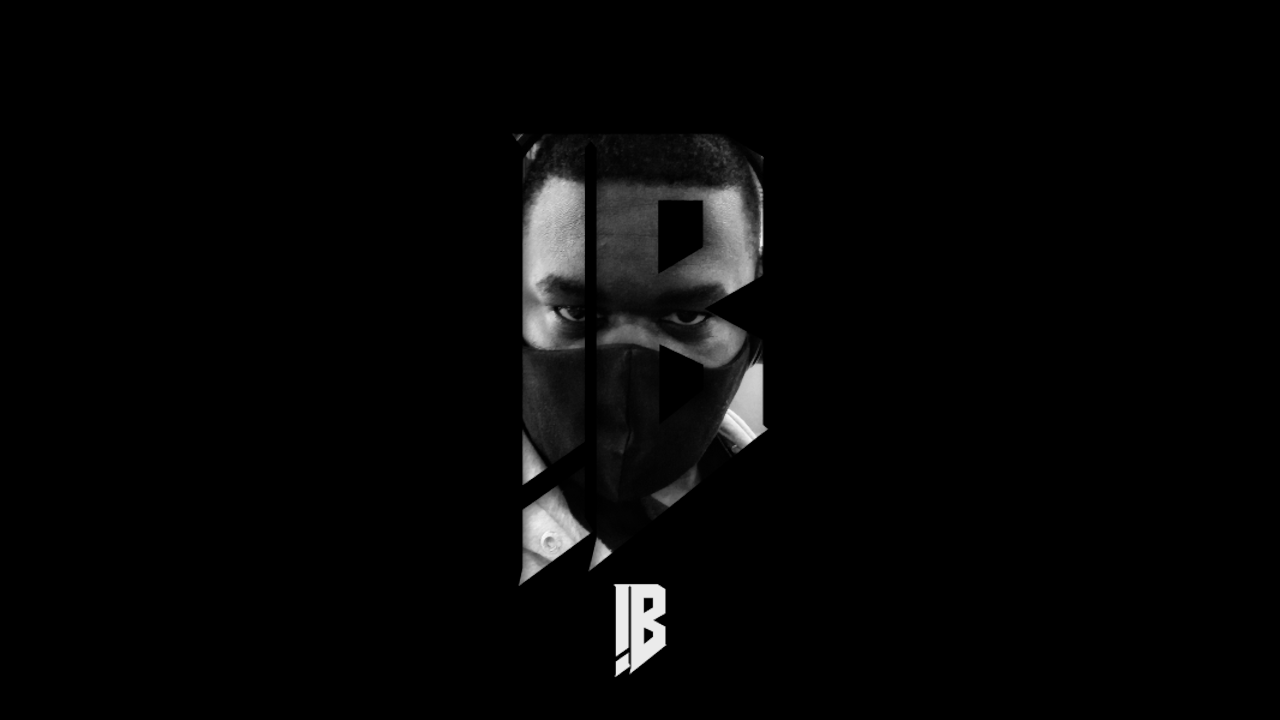“Imagine a fly in a bottle and draw the form/shape of the fly’s path”
First Year Design Studio Lecturer
This was the first assignment in Design Thinking in my architectural university education. After a brief moment of bemusement, we all set about drawing what we imagined; a few moments later, the lecturer started walking about, looking at the sketches and giving instant verdicts. “Correct!” he bellowed out as passed the first student, “correct!” he said again as he passed the second and so continued the theme as he passed each student one at a time. With each affirmation, the remaining students gained confidence in the correctness of their answers as it seemed like it was one of those questions whose interpretation was up to the student. Finally, the lecturer hovered over my sketch, studied it briefly and said with a loud voice “false!” and continued on his path, he shouted “correct” to the next person and that remained the theme until the last individual.
I was obviously shattered that I was the only one to get it wrong but what was also clear was that my answer was different from everyone else’s. All other students had sketched random squiggles of lines on their sheet of paper whilst I, on the other hand, had drawn a series of dots outlining the shape of a bottle. After assessing the final student, the lecturer went to the front of the class and explained himself.
“The purpose of this exercise is to liberate your minds from the structured thinking of secondary education, you must learn to think outside the box because architecture is as much an artform as it is a science.”
Whilst I understood his intentions, I disagreed with his assessment; my opinion on the matter was that an object that randomly moves withing a confined space for an infinite period of time eventually outlines the boundaries of the space that it is confined in. Granted, the presentation of my interpretation could have been better, I could have used lines instead of dots to express the idea, however, fundamentally I believed then and believe now that I possessed a more holistic understanding of the problem.
As I reflect on this memory years later, I realize that I missed the lesson I was meant to get from it. The correctness of the answer is irrelevant, although, for whatever it’s worth now, I would point out that my expectations of tertiary education were that there would be at least some form of discourse when answers were different. Moreso, the lesson that the Lecturer was trying to convey was equally irrelevant; what I should have picked up early on was that I had a thought process that was entirely different to that of my peers as well as my tutors. Over the years this different line of thought would be the source of such attrition in my university education but would be essential in the formation of my worldview
Whilst my post university experience has been that I still possess this different line of reasoning in comparison to my peers, I have adapted to better handle the rebuke that often comes with being the odd one out. Where previously I would aggressively argue and attempt to convey my understanding to other people, nowadays I prefer to author content and am only interested in discourse with those that are willing to hear me out. Whether this older approach to handling discussions is for the better or worse remains to seen but it has made me ponder upon the nature of our being.
I have come to believe that the nature of our character is the sum total of our experiences and our choices and these two things have a connected relationship to one another. Our experiences have some influence on our choices and our choices have some influence on what we experience. In addition to this, we can assess that we have limited influence on what we experience but we have so much more control of the choices we make, thus through the choices we make, we may be able to sufficiently influence our experiences in our favor but that is by no means a guarantee.
